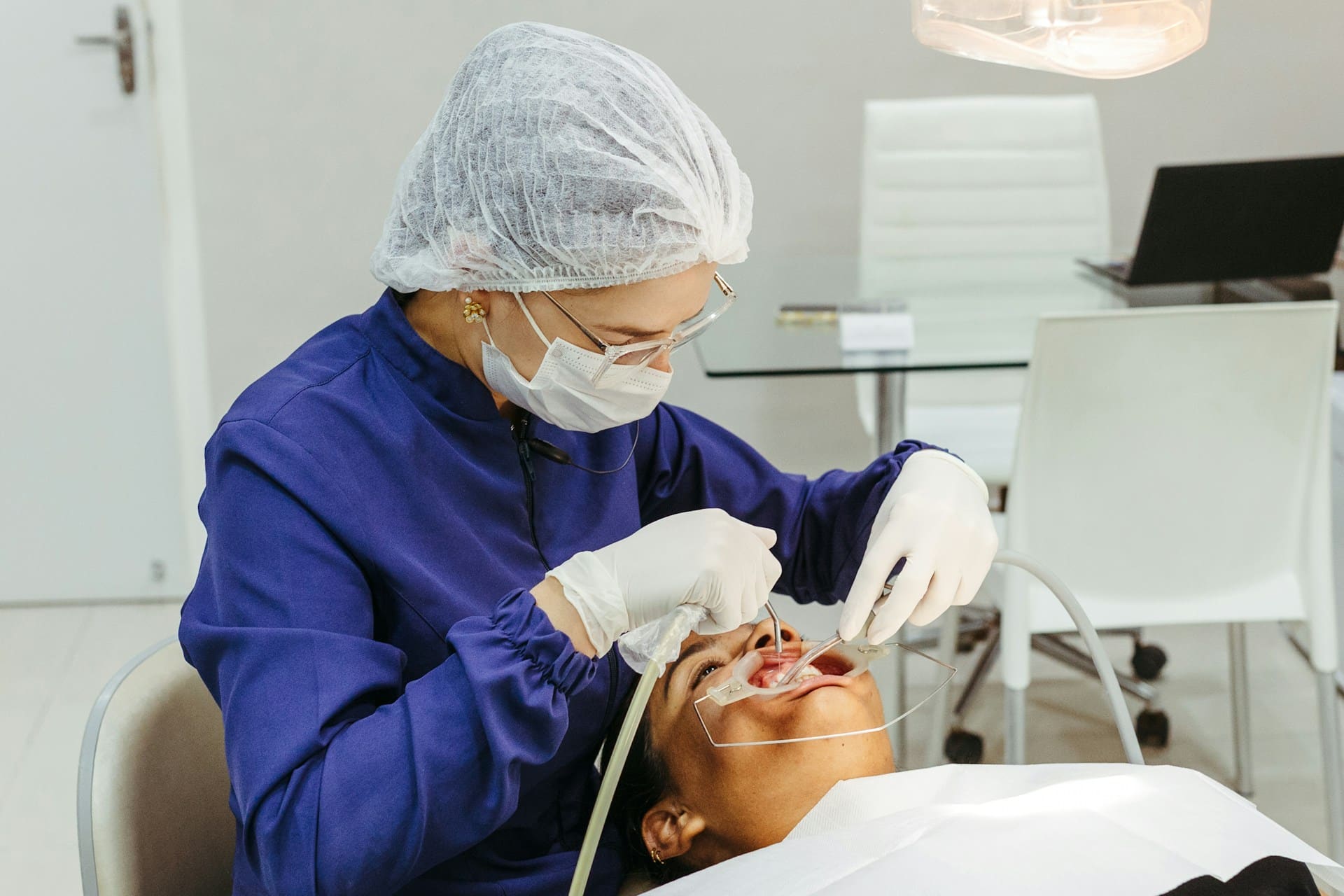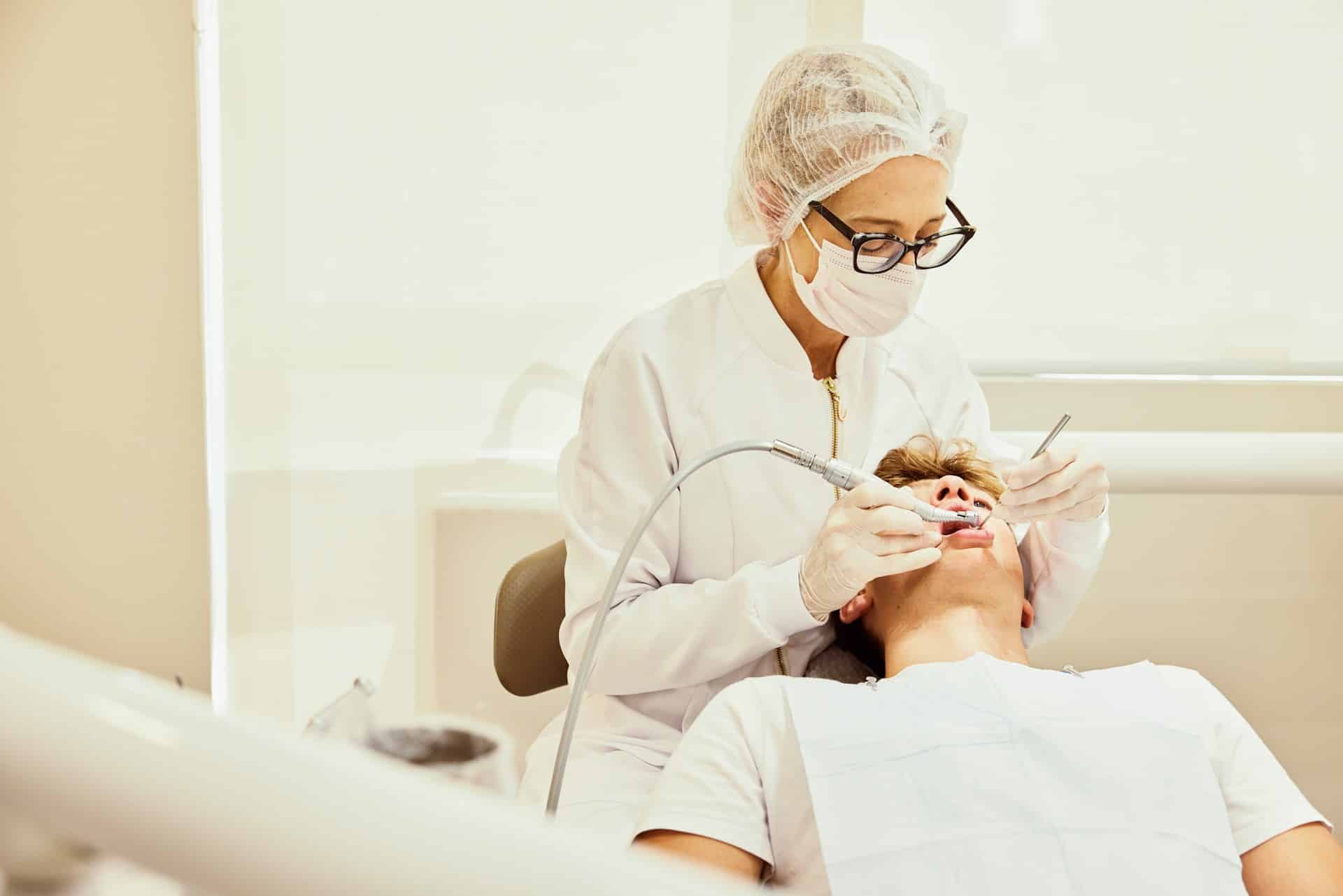Sometimes, a dental emergency catches you off guard, throwing your day into turmoil. Whether it’s sudden tooth pain or a chipped tooth, knowing what to do next can really make a difference. For those living in Ajax, it’s key to understand why acting quickly is so important when these situations arise. Addressing dental issues promptly not only helps alleviate pain but also boosts your overall oral health. Getting the right care as soon as possible can prevent serious complications.
Living in Ajax means being close to various top-notch dental services, ensuring you’re never too far from help when you need it. If you’ve ever wondered what counts as a dental emergency, you’re not alone. It’s not always clear-cut, which is why it’s good to have some guidance on this topic. Understanding what to classify as urgent can help you react effectively and get the care you need.
Common Dental Emergencies
Now, let’s look at some common dental emergencies you might encounter. Having this knowledge at your fingertips can prepare you for those unexpected moments.
1. Toothaches: Persistent pain in your tooth can be an indication of more severe issues, possibly an infected root or cavity. Ignoring this could lead to more intricate treatment needs down the line.
2. Broken or Chipped Teeth: Accidents happen, and when they involve your teeth, quick action is vital. If a tooth breaks or chips, it can expose sensitive inner layers to bacteria, aggravating potential decay.
3. Lost Fillings or Crowns: When a filling or crown falls out, it can leave the affected tooth vulnerable. This can quickly lead to discomfort or even infection, making it one of those things that needs immediate attention.
Addressing these situations without undue delay minimizes the risk of worsening the condition, ensuring you’re not dealing with something bigger under the surface. Emergencies are never fun, but being prepared means staying ahead of the game when issues arise.
How to Handle a Dental Emergency
Being caught in a dental emergency doesn’t mean you have to panic. Taking a few clear steps can help steer things in the right direction.
– Toothaches: First, rinse your mouth with warm water to cleanse it. Floss gently to remove any lodged food that might be causing discomfort. If swelling is present, apply a cold compress to the outside of your cheek.
– Knocked-Out Tooth: Retrieve the tooth by the crown, rinse it gently if it’s dirty, but don’t scrub it. Try to place it back into its socket, and if that’s not possible, keep it moist by storing it in milk until you see a dentist.
– Chipped or Broken Tooth: Rinse your mouth with warm water and save any pieces you can find. Apply gauze to the area if bleeding occurs, and apply a cold compress to reduce swelling and manage pain.
Remember, in these situations, getting to a dentist is essential. Dealing with emergencies promptly isn’t just about relieving pain faster; it’s about saving your teeth from permanent damage.
Choosing the Right Emergency Dental Service
Finding the right dental service in an emergency can make the whole situation a lot less stressful. Here’s what to bear in mind when searching for a dependable service in Ajax.
First, consider the clinic’s availability. Dental emergencies can happen at any time, so it’s helpful if the service offers flexible hours, including evenings and weekends. It’s also wise to check if they offer immediate appointments. Quick access to care lessens discomfort and helps prevent further complications.
When evaluating your options, experience and reputation are key. Look for clinics with skilled professionals who have ample experience handling emergencies. Real patient reviews can offer insight into the quality of care provided.
To make sure you’re choosing a service that meets your needs, think about these factors:
– Proximity to Your Location: Being close to your home can save valuable time during an emergency.
– Payment Options: Ensure they accept your insurance or offer payment plans if necessary.
– Range of Services: A clinic offering comprehensive services means they can handle a broad spectrum of dental issues, which is essential in emergencies.
What to Expect During an Emergency Dental Visit
Walking into a dentist’s office in an emergency can be nerve-wracking, but knowing what generally happens can ease your mind a bit. The process typically begins with an initial assessment to quickly determine the severity of the problem. This involves questions about your pain level and any events leading to the issue.
The dentist then conducts a thorough examination, which may include taking X-rays to gain a full picture of the problem. After identifying the issue, they will discuss their findings with you and outline potential treatment options. This ensures you know exactly what to expect and can opt for the best course of action.
Throughout your visit, staff should communicate clearly, explaining each step and answering any questions you might have. This makes for a more comfortable and reassuring experience. Emergency visits aren’t just about fixing immediate issues but also about setting up a plan to prevent future problems.
The Importance Of Follow-Up Care
Once the emergency is handled, you might think you’re in the clear, but follow-up care is just as critical. Scheduling an appointment after an emergency ensures your mouth continues to heal properly and stays healthy. Neglecting follow-up care might lead to recurring issues or new problems down the road, which could have been avoided with proper attention.
Here are some tips to maintain that healthy smile post-emergency:
– Stick to Hygiene: Keep up with regular brushing and flossing to prevent future issues.
– Mind Your Diet: Avoid hard or sticky foods that could compromise dental work.
– Regular Check-Ups: Set reminders for routine dentist appointments to catch potential problems early.
Feeling Confident About Emergency Dental Care
Facing a dental emergency can be daunting, but knowing what to expect and how to respond makes managing these situations far less intimidating. By being proactive and informed, you can protect your oral health and prevent minor issues from turning into major ones. Planning for the unexpected with the right choice in emergency services enhances your readiness for whatever comes. Staying routine with dental appointments—seeking help when necessary—keeps your smile bright and your teeth healthy.
If you’re in Ajax and need swift help, explore more about how Pickering Dental Services can assist you. Our expertise ensures you’re never without guidance in those urgent moments. Learn about emergency dental in Ajax and trust us to provide the care you need when it matters most.


